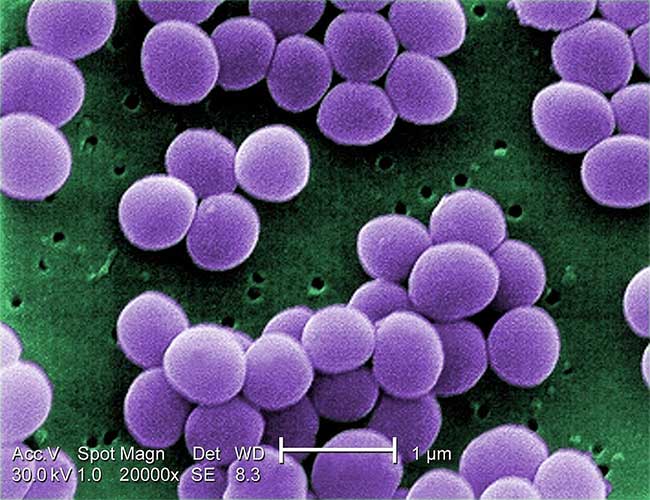Perhaps, to some extent, most of us have “digested” our own nasal mucus, haven’t we? However, did you know that eating nasal mucus actually poses many health risks to our bodies? To put it simply, eating nasal mucus is akin to introducing pathogens into our bodies.
Research by scientists shows that 91% of adults admit to regularly picking their noses, and many of them have even eaten their own nasal mucus! So, why can eating nasal mucus be harmful to our health?

Eating nasal mucus is like introducing pathogens into our bodies.
Nasal mucus primarily consists of water (mucus), gel-like proteins (which provide thickness), and special immune proteins that help combat invading microbes (pathogens) in the nose. They serve as a frontline defense against pathogens entering the body. When we breathe, we not only inhale air but also introduce various harmful bacteria and microbes into our bodies.
Nasal mucus, with its sticky consistency, traps and “holds” these pathogens, preventing them from penetrating deeper into the body. Subsequently, when we exhale, the air pushes out mucus that has “hardened and clumped” into a thick substance, thereby containing the pathogens. Typically, we can expel these pathogens by sneezing or blowing our noses.
Thus, eating nasal mucus is essentially releasing those pathogens and allowing them to easily penetrate deeper into our bodies. Some argue that eating nasal mucus may help strengthen the immune system by training it to recognize and attack invading bacteria. However, there is no scientific evidence to support that eating nasal mucus has any health benefits.
Moreover, picking your nose with your fingers also poses various health risks. For instance, nose-picking can “release” a dangerous type of bacteria that lurks under the fingernails, namely Staphylococcus aureus (Staph bacteria).

Staphylococcus aureus under an electron microscope at 20,000x magnification.
A study conducted in 2006 found that individuals who frequently pick their noses are more likely to be infected with Staph bacteria than others. If a person is infected with Staph, they may experience various infections.
The most typical infections caused by this type of bacteria include severe abscesses (which lead to wounds filled with pus, swelling, and redness, often accompanied by pus discharge). If Staph enters the bloodstream (causing bacteremia), symptoms may include fever, chills, and low blood pressure. In more severe cases, if Staph enters the lungs, it can cause pneumonia; if it infects the bones, it can lead to osteomyelitis.
Bacteremia caused by Staphylococcus aureus can also result in infections of the heart and heart valves (myocarditis). If Staph circulates in the blood, it can spread to internal organs and cause serious infections that may be life-threatening (bacteremia), leading to shock or multiple organ failure and potentially resulting in death.
Identifying the causes of nose-picking can help reduce this habit. Some common causes include:
- Dry nose: Addressed by increasing humidity in the nasal passages, drinking plenty of water, using nasal sprays, and rinsing the nose with warm, clean water.
- Upper respiratory infections: Treated with anti-inflammatory medications such as antihistamines and decongestants.
- Stress or anxiety: Can be managed with certain medications and behavioral therapies or by using stress balls, handheld toys, etc.
Tissues, or at least cotton swabs… are excellent and appropriate tools to help us remove that nasal mucus, as long as we use them gently to avoid scratching the inside of the nostrils.
Eating nasal mucus is not only considered a rude behavior, but this habit can also lead to infections and damage to the nasal cavity. There is only one claim stating that eating nasal mucus may help build immunity against certain infections, but this claim has not been clearly validated. Therefore, it is safer to avoid eating nasal mucus.



















































